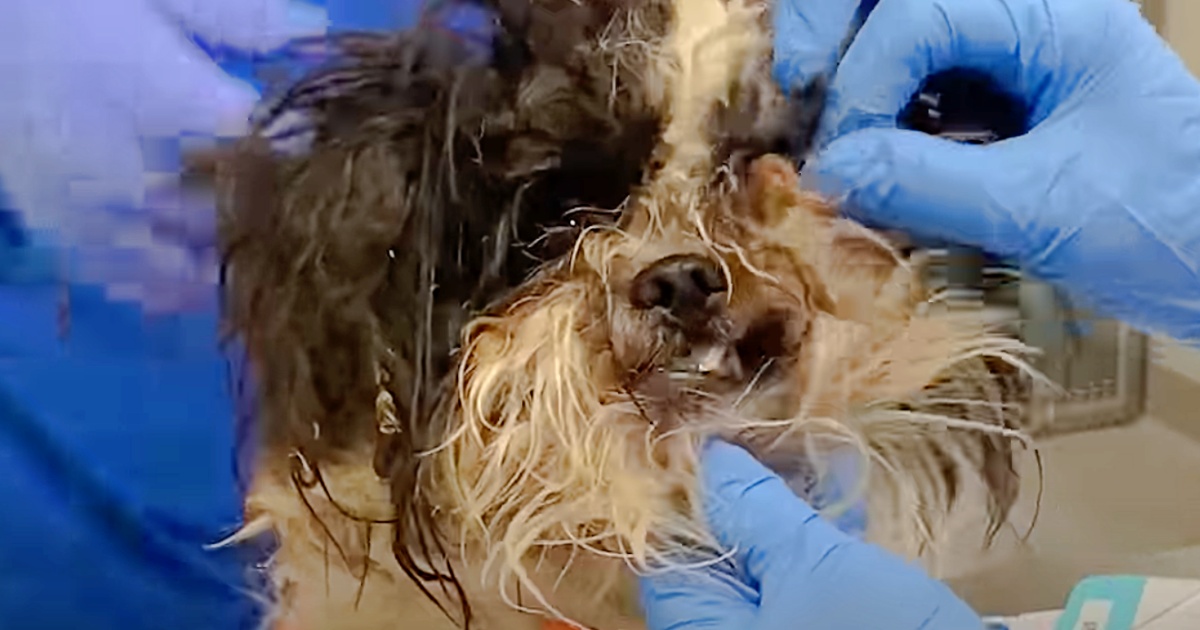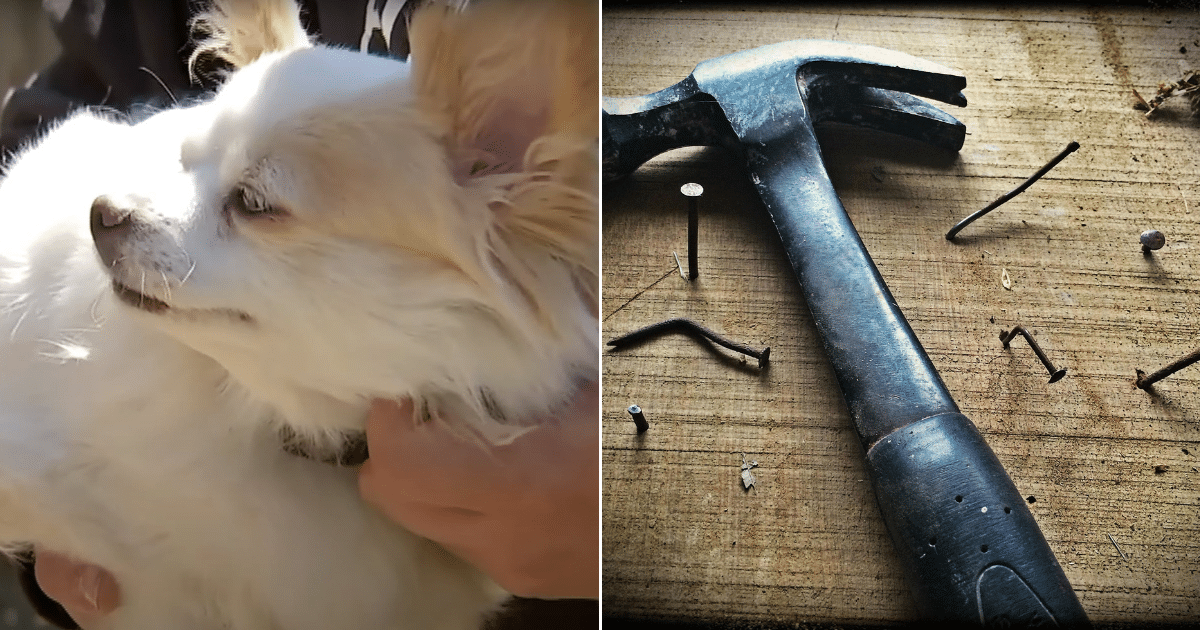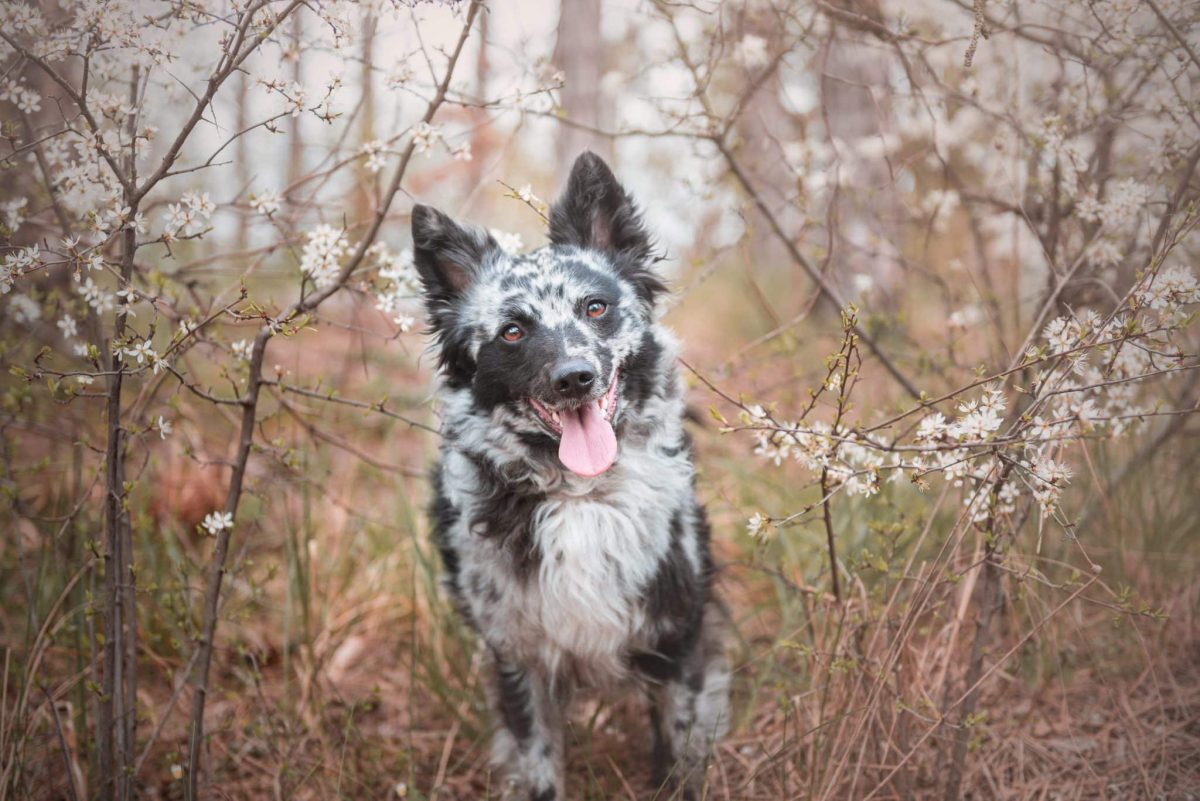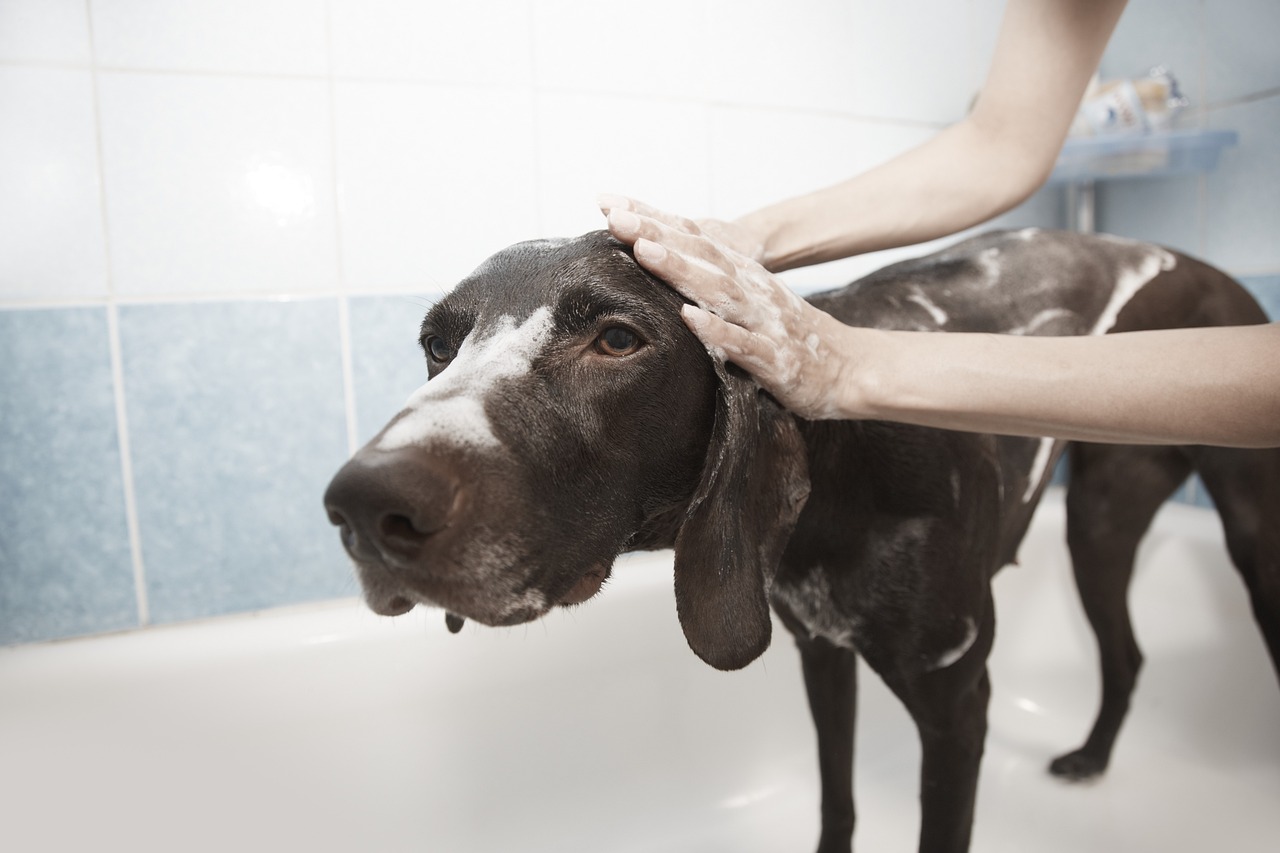Dry skin is a common issue in dogs and can cause significant discomfort through persistent itching and irritation. When left untreated, this seemingly minor issue can develop into secondary bacterial infections and more serious skin conditions. While occasional mild flakiness is typically harmless, chronic dryness often indicates an underlying health concern that requires attention.
Recognizing the root causes and implementing targeted treatment strategies can effectively restore your dog’s skin health and improve their quality of life.
Common Causes of Dry Skin in Dogs
Multiple factors can contribute to dry, flaky skin in our furry companions. Understanding these underlying causes is essential for choosing the most effective treatment approach and preventing recurrence.
The most common culprits include:
1. Environmental Factors
Low humidity, particularly in winter or dry climates, can deplete natural moisture from a dog’s skin, leading to flakiness and irritation. Indoor heating systems can worsen the problem by creating a dry environment. Frequent bathing with strong shampoos can also strip protective oils, compounding dryness.
Lastly, breeds with short or sparse fur, such as Boxers or Greyhounds, lack sufficient insulation, making them more vulnerable to these drying effects.
2. Allergies
Environmental allergens such as pollen, dust mites, and mold spores can trigger allergic reactions in dogs, often resulting in itchy, inflamed skin. Similarly, food allergies, commonly linked to ingredients like beef, dairy, or wheat, can cause chronic dryness and irritation. Persistent scratching or chewing can also worsen the condition, leading to raw patches or infections.
If your dog suffers from seasonal sensitivities, Fortunate Paw’s allergy and itch relief supplements offer a gentle, effective solution using vet-approved ingredients.
3. Poor Nutrition
A dog’s skin health directly reflects their nutritional intake, making diet a critical factor in preventing dryness. The skin relies on omega-3 and omega-6 fatty acids to maintain moisture barriers and elasticity. Poor-quality kibble or unbalanced diets typically lack these vital nutrients, resulting in dull coats and flaky skin.
Additionally, deficiencies in key vitamins like A and E, along with minerals like zinc, can compromise their skin’s ability to retain moisture and heal properly. Dogs fed low-grade protein sources may also struggle with healthy skin cell regeneration.
4. Parasites
Fleas, ticks, and mites can provoke intense itching, leading to relentless scratching that damages the skin’s protective barrier and causes dryness. Sarcoptic mange, triggered by burrowing mites, can also create extreme discomfort with intense scratching, hair loss, and crusty, flaky skin.
Preventative measures like monthly parasite treatments and prompt veterinary care for infestations are crucial to maintaining healthy skin and preventing secondary infections.
5. Underlying Health Conditions
Chronic dry skin in dogs can signal systemic illnesses like hypothyroidism (reduced hormone production), Cushing’s disease (excess cortisol), or autoimmune disorders that disrupt skin health. These conditions can impair natural oil production and skin regeneration, leading to persistent flaking, thinning fur, or infections. If moisturizers and dietary changes fail to help, a veterinary diagnostic workup, including blood tests, is essential to identify and treat the root cause.
Effective Fixes for Dry Skin in Dogs

Combating dry skin in dogs requires an approach tailored to the underlying cause. Below are some effective fixes for dry skin in dogs:
1. Adjust Bathing Routines
Frequent baths with harsh shampoos can strip away protective oils, leaving a dog’s skin dry and vulnerable. So, to avoid dry skin, opt for lukewarm water and gentle, hypoallergenic formulas containing oatmeal or aloe vera to cleanse without irritation. Unless directed by a vet for medical reasons, limiting bathing to monthly sessions is crucial.
2. Improve Diet and Supplements
Premium dog foods containing optimal levels of omega-3 and omega-6 fatty acids can help maintain skin hydration and reduce flakiness. Incorporating fish oil supplements can also provide EPA and DHA to combat inflammation, while flaxseed offers plant-based omega-3s. For dogs with food allergies, veterinarian-recommended limited-ingredient diets or hydrolyzed protein formulas can eliminate trigger ingredients while supporting skin repair and coat health.
3. Hydration and Humidification
Proper hydration is fundamental to maintaining a dog’s skin elasticity and preventing dryness. It’s best to always provide fresh, clean water and monitor intake, especially during hot weather or increased activity. In dry climates or heated homes, using a humidifier can add essential moisture to the air, helping protect the dog’s skin from becoming dry and flaky.
4. Regular Grooming
Frequent brushing serves dual purposes: it exfoliates dead skin cells while evenly spreading natural oils across the coat for optimal moisture balance. For long-haired breeds like Collies or double-coated dogs such as Huskies, daily grooming can help prevent painful matting that traps dirt and irritates skin.
5. Parasite Prevention
Consistent use of vet-recommended flea/tick preventatives, whether topical, oral, or collar-based, helps create a protective barrier against infestations that trigger scratching and skin damage. Weekly coat inspections can also help detect early signs of mites (like excessive dandruff or red bumps), enabling swift treatment before secondary infections develop.
6. Veterinary Care for Persistent Issues
Persistent dry skin despite proper home care may indicate hidden health issues requiring professional diagnosis. Veterinarians can perform skin scrapings, blood tests, or allergy panels to identify root causes like hormonal imbalances or autoimmune disorders.
Treatment options may include prescription-strength topical therapies, immunotherapy for allergies, or medicated shampoos tailored to the dog’s specific condition for targeted relief and long-term skin health management.
Conclusion
Dry skin in dogs is a manageable condition with the right approach. By keeping the information mentioned above in mind, pet owners can alleviate discomfort and promote healthy skin.



















 English (US) ·
English (US) ·